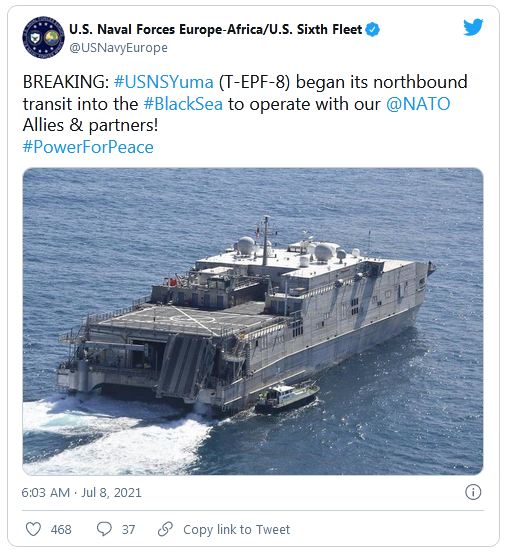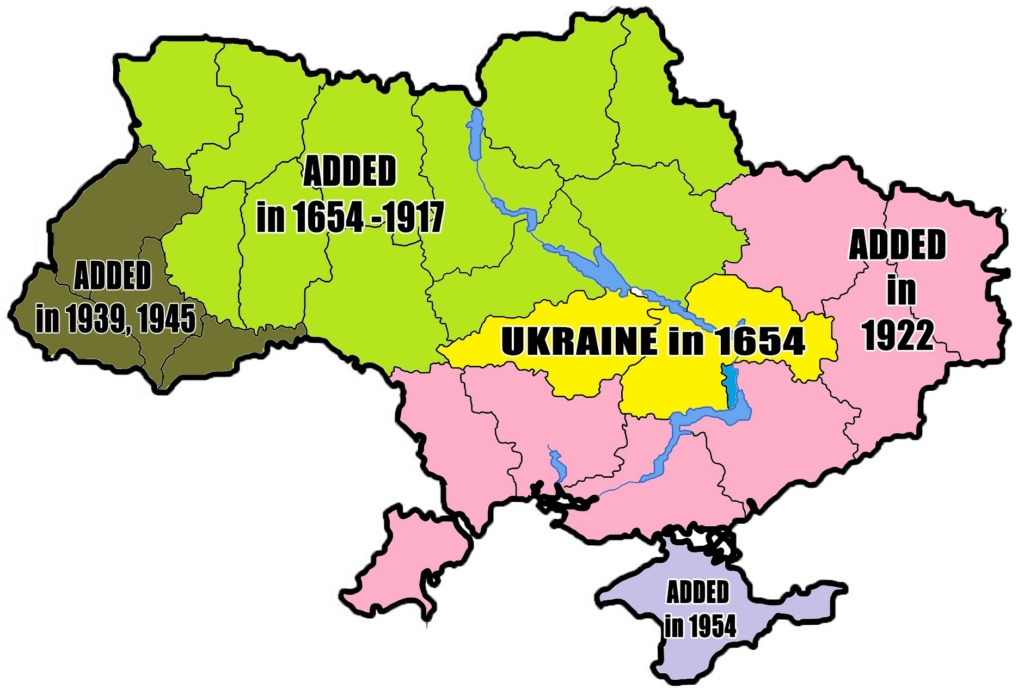https://theowp.org/classified-documents-found-at-bus-stop-shed-light-on-uk-russia-naval-altercation/
Classified Documents Found At Bus Stop Shed Light On UK-Russia Naval Altercation
Classified documents from the UK Ministry of Defence (MoD) — discovered by a member of the public at an English bus stop — offer some insight into British military thinking on last week’s naval incident near the Crimean coast. Of primary concern in the documents is the expected Russian response to HMS Defender’s passage within territorial waters considered by the UK and most other nations to be Ukrainian. The mission, dubbed “Op Ditroite,” is described by the MoD as an “innocent passage through Ukrainian territorial waters,” with the ship’s helicopter stowed in its hangar and its guns covered.
However, the documents reveal an awareness that the Russian Navy may react aggressively, as indeed it did when more than 20 aircraft and two coastguard ships shadowed HMS Defender while it passed within 12 miles of the Crimean Coast. The documents’ content also covers British military thinking on the greater trajectory of relations with Russia, as a “transition from defence engagement activity to operational activity” makes it likely that interactions with the Russian navy and Russian air force will become “more frequent and assertive.” Totalling almost 50 pages, the recovered documents were seen and reported on by the BBC and also cover sensitive observations about potential areas of competition with European allies, recommendations for the UK’s military involvement in Afghanistan, and observations on the agenda of President Biden’s administration.
The MoD has said it is investigating the incident, and has found that the employee reported the missing documents at the time. It continues to insist that HMS Defender conducted innocent passage through Ukrainian territorial waters according with international law. The BBC, who have reported on the contents of the documents while considering national security concerns, believe they originated in the office of a senior official. Responses from across the political divide have raised alarm at the mishandling of sensitive documents, with the Labour Party branding the situation “as embarrassing as it is worrying for ministers.” Meanwhile, Hans Kristensen, director of the Nuclear Information Project, tweeted that the documents show a classic dilemma in military posturing: “if you do it, it might trigger an incident. If you don’t do it, the other side might claim you backed down.”
The documents show that an alternative route was considered which would have avoided contested waters, but it was ultimately rejected so as not to allow Russia to portray the UK as “being scared/ running away.” This may have allowed Russia to claim that the UK had come to accept their claim to Crimean territorial waters, and by extension the Crimean peninsula. In a sense, it is encouraging for regional peace and stability that the confrontation arose from careful calculations rather than rash provocation. Although the Russian response was portrayed as an aggressive act and made international headlines, the fact that it was somewhat predicted and certainly considered by British military planners should moderately allay fears of misunderstandings triggering a wider conflict.
The chosen route from Odessa, Ukraine, to Batumi, Georgia, passed close to Sevastopol, where a Russian naval base houses much of the Black Sea Fleet. This serves as a stark reminder that although the UK and most other UN members continue to recognize the Crimean Peninsula as Ukrainian territory, Russia has a monopoly on military force and considers such incidents near the coastline to be as unacceptable as at St. Petersburg or Kaliningrad. The UK feels it can reasonably claim to have acted in accordance with international law, since the 1982 UN Convention on the Law of the Sea considers a foreign ship as “innocent” when “it is not prejudicial to the peace, good order, or security of the coastal state.” In the view of the UK, Ukraine is the coastal state. This is the complicated situation which gave rise to last week’s posturing, and the confidential documents suggest the essential purpose of this posturing was to maintain the frozen situation.
The insight given by the mishandled documents is somewhat reassuring, insofar as confirming that preparations for the passage were thoroughly considered. Of course, the competence of MoD employees is perhaps not the takeaway from a story of confidential documents being misplaced. But for those left alarmed by last week’s events, there is some solace in understanding the reasonable intent and calculations that determined such high-stakes decision-making.





 lyle6
lyle6




